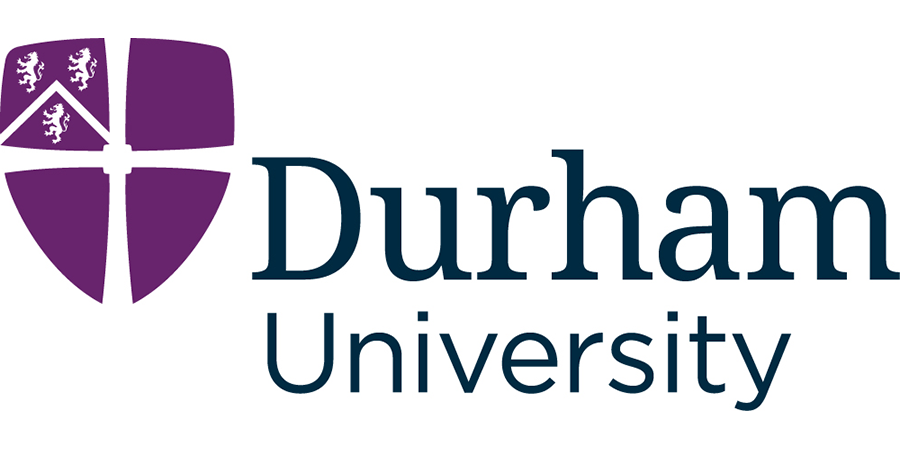Research Technician in Plant Molecular Biology
Durham University - Social Sciences and Social Care
| Location: | Durham |
|---|---|
| Salary: | £31,236 per annum : Grade 6 |
| Hours: | Full Time |
| Contract Type: | Permanent |
| Placed On: | 28th October 2025 |
|---|---|
| Closes: | 2nd November 2025 |
| Job Ref: | 25001501 |
The Role and the Department
The Biosciences department provides an outstanding environment for research and education, with a broad group of academics studying the breadth of the biological sciences, from cell and molecular biology in animals, plants, and microbes; to ecology, evolution and the environment. The vision for biosciences research is to focus on fundamental and cross-disciplinary science underpinning global challenges in climate change, food security, global health, sustainable bio-manufacturing, biodiversity and replacing animal models in research. The co-delivery of research-led teaching aligned to the aspirations of exceptional students itself promotes a broad-based, sustainability-centred research strategy informed by scientific advances and national and international priorities.
Durham has a long-standing record of research in plant sciences. Our most recent research has provided insights into the regulation of embryogenesis and root development through hormonal control, vascular differentiation and development and epigenetic regulation of cell-specific gene expression in cellular differentiation. Various of our staff study plant tolerance to abiotic and biotic stresses and help to develop crop protection technologies: This includes research on signaling via second messengers, posttranslational modification and control of gene expression in abiotic stress, responses to microbial pathogens and crop protection against invertebrate pests.
Applications are invited for a Research Technician position in the group of Ari Sadanandom in the Biosciences department of Durham University, to carry out fundamental research in the field of molecular regulation of plant environmental adaptation.
The post is a key part of major 5-year BBSRC programme BB/V003534/1 to understand the role of the SUMO post-translational modification in guiding plant adaptation. The project is a collaboration between Liverpool, Cambridge, Nottingham and Durham Universities. To address the question of how SUMO guides cellular adaptation to drought and salt stresses, the Durham’s team will conduct state-of-the art confocal and light-sheet microscopy studies in combination with single cell transcriptomics in Arabidopsis thaliana roots. Results arising from this investigation will be integrated with the phenomics, ionomics and proteomics data generated by our research partners to decipher the SUMO-code a nd its function in guiding plant adaptation (Arabidopsis and rice). The overall team will involve plant biologists, omics experts and informaticians across the five institutions.
How to apply
To progress to the assessment stage, candidates must evidence each of the essential criteria required for the role in the person specification above. Where there are desirable criteria we would also urge you to provide any relevant evidence. Please don’t forget to check if there is any weighted criteria (see above).
While some criteria will be considered at the shortlisting stage, other criteria may be considered later in the assessment process, such as questions at interview.
What you are required to submit:
- A CV and covering letter which details your experience, strengths and potential in the requirements set out above
- A copy of the most recent publications
Contact details
If you would like to have a chat or ask any questions about the role, Dr Miguel de-Lucas would be happy to speak to you. miguel.de-lucas@durham.ac.uk
Advert information
Type / Role:
Subject Area(s):
Location(s):









